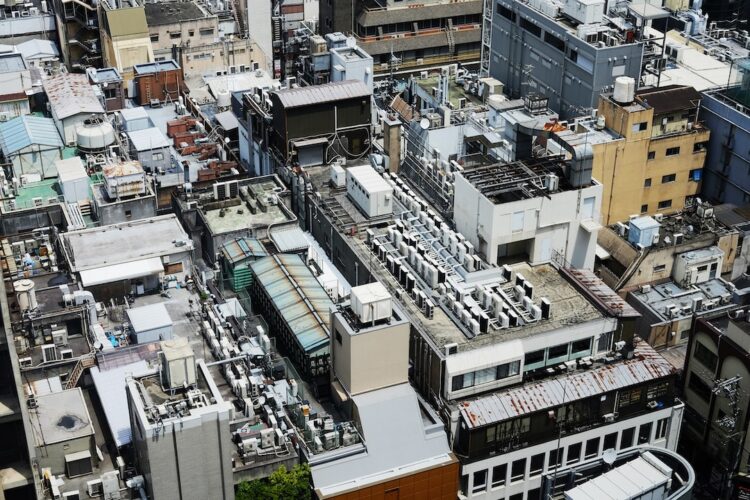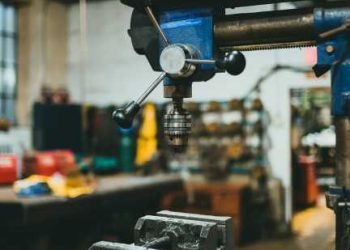Energy Efficiency in Manufacturing: Driving Sustainability and Cost Savings
In today’s fast-paced and ever-evolving world, sustainability is no longer just a buzzword. It has become an essential element for businesses across various sectors. One area where sustainability can truly make a significant impact is in manufacturing. Energy efficiency in manufacturing not only ensures environmental sustainability but also drives cost savings, making it a win-win situation for both businesses and the planet.
Manufacturing processes are known for their heavy energy usage, which directly contributes to greenhouse gas emissions and global warming. By adopting energy-efficient practices, manufacturers can significantly reduce their carbon footprint and contribute to a greener world. But the benefits of energy efficiency in manufacturing go far beyond the realm of sustainability.
First and foremost, energy-efficient practices help manufacturers save money. Energy is one of the major costs for any manufacturing operation, and reducing energy consumption translates into direct cost savings. By optimizing energy usage, manufacturers can cut down on their electricity bills, which ultimately improves the bottom line. This cost savings can then be reinvested in other areas of the business, leading to increased competitiveness and growth.
Additionally, energy-efficient manufacturing processes often lead to increased productivity. Energy-efficient equipment and technologies not only consume less energy but also operate more efficiently, resulting in improved performance and output. For example, replacing outdated machinery with energy-efficient alternatives can increase production speeds and reduce downtime, resulting in higher overall productivity levels.
Furthermore, energy-efficient practices can enhance the overall reliability and durability of manufacturing equipment. Efficient equipment tends to be more reliable and less prone to breakdowns, reducing maintenance costs and improving operational performance. This increased reliability ensures smoother operations and reduces the risk of costly production disruptions.
Implementing energy-efficient measures also promotes a culture of continuous improvement within the manufacturing industry. It encourages manufacturers to constantly evaluate their processes, identify areas of wastage, and find innovative solutions to reduce energy consumption. This constant drive for improvement not only benefits the environment but also boosts creativity and innovation within the organization.
One of the key aspects of energy efficiency in manufacturing is the use of renewable energy sources. Manufacturers are increasingly shifting towards solar, wind, and other forms of renewable energy to power their operations. By generating their own clean energy, manufacturers can reduce their dependence on fossil fuels, mitigate the risk of energy price volatility, and contribute to the overall energy transition.
Moreover, energy-efficient practices in manufacturing can have a ripple effect on the entire supply chain. Manufacturers often work closely with suppliers, and by encouraging energy efficiency, they can positively influence the practices of their partners. This domino effect leads to a more sustainable and environmentally conscious supply chain, creating a positive impact on the overall industry.
To fully realize the potential of energy efficiency in manufacturing, governments, businesses, and stakeholders need to work in harmony. Governments can provide incentives and subsidies to encourage companies to adopt energy-efficient technologies and practices. Businesses can invest in research and development to discover innovative ways to reduce energy consumption. And stakeholders can collaborate to set industry standards and promote best practices throughout the manufacturing sector.
In conclusion, energy efficiency in manufacturing is a vital component of overall sustainability and cost savings. By adopting energy-efficient practices, manufacturers can significantly reduce their carbon footprint, save money on energy costs, increase productivity, enhance equipment reliability, and promote a culture of continuous improvement. It is crucial for governments, businesses, and stakeholders to collaborate in supporting and driving energy efficiency in manufacturing to ensure a greener, more sustainable future.











